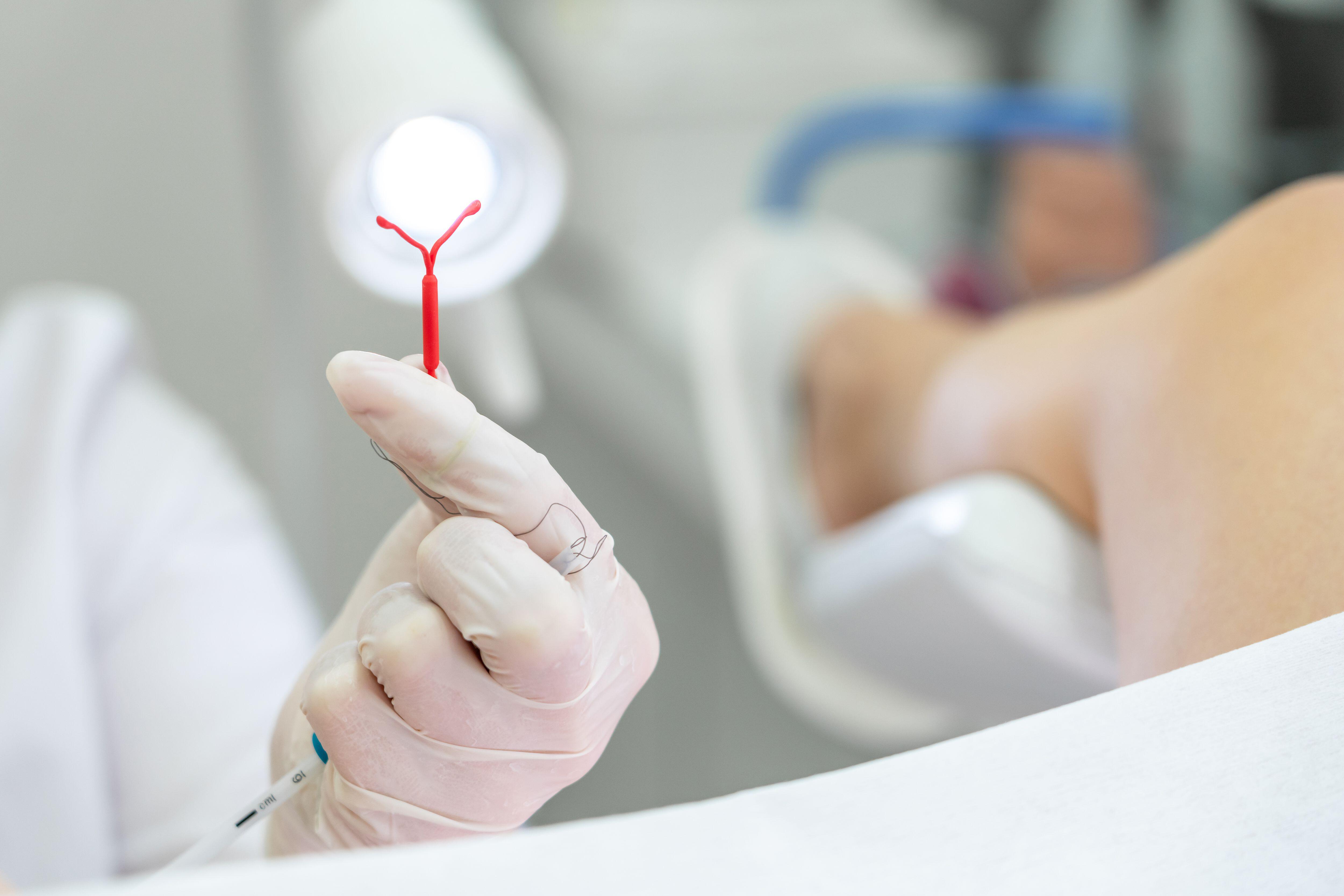Ask a doctor: Why aren’t women generally offered anaesthetic when getting the coil fitted?
It doesn’t seem to be standard practice to offer anaesthetic when someone is getting an IUD fitted. Why is that?

Your support helps us to tell the story
From reproductive rights to climate change to Big Tech, The Independent is on the ground when the story is developing. Whether it's investigating the financials of Elon Musk's pro-Trump PAC or producing our latest documentary, 'The A Word', which shines a light on the American women fighting for reproductive rights, we know how important it is to parse out the facts from the messaging.
At such a critical moment in US history, we need reporters on the ground. Your donation allows us to keep sending journalists to speak to both sides of the story.
The Independent is trusted by Americans across the entire political spectrum. And unlike many other quality news outlets, we choose not to lock Americans out of our reporting and analysis with paywalls. We believe quality journalism should be available to everyone, paid for by those who can afford it.
Your support makes all the difference.Naga Munchetty is the latest celebrity to speak out about the “excruciating” pain she endured when getting the coil fitted.
The television presenter told BBC Radio 5 Live she fainted twice while having the contraceptive device inserted, and wasn’t at any point offered anaesthetic. She said the procedure was “one of the most traumatic physical experiences I have had”.
She said: “I have friends who have had very similar experiences and of course I have friends who had had no problem at all. What this is about is not the coil itself, we know it’s safe and effective. What this is about is how we look at all women’s health and pain.”
Munchetty was inspired to speak about her experiences after reading an article in The Times by Caitlin Moran where she discussed being offered a Lucozade after having a intrauterine device (IUD) inserted – but not anaesthetic. She wrote: “We just need basic pain relief. I want to ask for it, now – on behalf of the team.”
Dr Melanie Davis-Hall, medical director at contraception review platform The Lowdown, says: “There are essentially two different types of coil that are available for contraception: there is the hormonal coil, which contains the hormone progestogen, and there is the copper coil – which essentially contains copper. They both are very effective methods for preventing pregnancy, both 99% effective [when used perfectly]. They last years, so once you have them put in often you don’t have to think about them for a while.”
In a recent survey done by The Lowdown, 23% of women said their coil fitting experience was either ‘poor’ or ‘terrible’, with 54% saying it was ‘very good’.
“For most women, the experience of having an IUD fitted is unpleasant, crampy, but generally tolerable,” Davis-Hall explains, “but for some reasons we don’t really know, some people find it excruciatingly painful.” Whether a person will experience extreme pain or not is “hard to study, because it’s so unpredictable”.
During a standard appointment, Davis-Hall says: “You’ll normally be advised to take over the counter pain relief before you go in, normal paracetamol or ibuprofen about 20 minutes/an hour before. There isn’t much evidence that prophylactic taking really does have any benefit – what we really want to see as standard is local anaesthetic gel or injections, or sprays that go onto the cervix – which is the neck of the womb” – through which the coil is inserted. Davis-Hall suggests anaesthetic “should be fairly standard, but anecdotally we’ve heard that it’s not always offered”.
So why isn’t anaesthetic offered at every appointment? “Probably because the majority of women do find the procedure so OK,” says Davis-Hall, while admitting: “I’m not really sure why.”
Regardless, she would “definitely like to see it offered as standard, just because it’s so unpredictable [whether] you will be someone who experiences more pain than someone else”.
Another thing Davis-Hall wants to see change is how much information is provided before an appointment. She suggests it would be better if women were consistently talked through the procedure with their doctor beforehand: “There’s lots of evidence that counselling and discussing the true benefits and risks of the procedure and the IUD, lowers anxiety” she says, which could be beneficial as some believe “more anxiety before the procedure [can] increase perceived pain”.